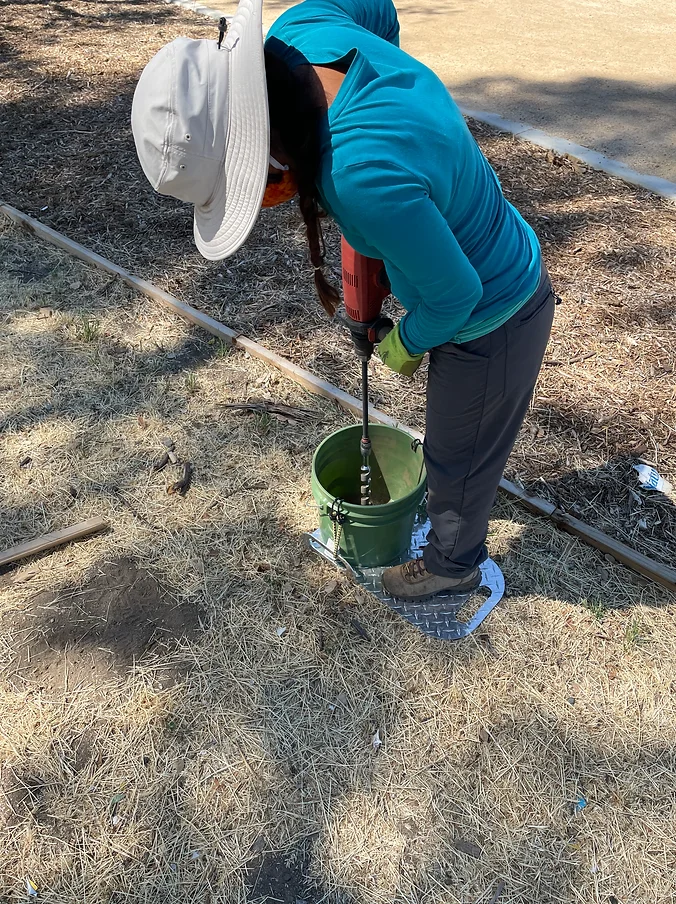Soil Testing
IERCD offers FREE soil testing!
Poor soil health results in low production, while healthy soil increases yields and profits. It is important to monitor soil quality in order to assess the long-term sustainability of agricultural operations. Analyzing the nutrient levels in your soil can help you make educated adjustments to your soil management which saves you time, money, and effort.
Who qualifies?
- Farmers within the IERCD boundaries who are either currently farming, or looking to use their land for agricultural production.
- Community gardens within IERCD boundaries

What we test for:
Our Sustainable Agriculture Specialist will go over your results with you to:
- Identify the problem with your soil
- Explain the problem's impact on your crop
- Help identify the solution for healthier soil
Curious about what the soil test results look like? Download this sample:
Soil Sample results.pdfSoil fertility is determined by the soil’s biological, chemical, and physical properties. Physical properties such as soil texture, structure, and color are visible to the eye. However, it is hard to see the chemical composition of soil. Soil testing allows farmers to know their soil’s nutrient and pH levels so that informed decisions can be made on precise application of fertilizers or other amendments. With over-fertilization being quite common, performing a soil sample can help a farmer decide what amendments they actually need to apply, saving money for the farmer and preventing excess nutrients from escaping into the surrounding environment.

